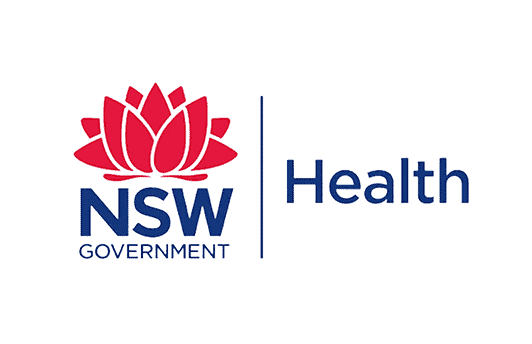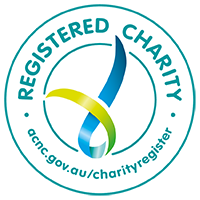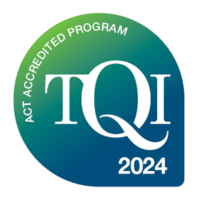Our history
In 1971, Sydney mother and health educator, Elizabeth Campbell, founded the Peer Support Program. Her son Tom, who was experiencing drug problems, was the catalyst for the program.
Elizabeth realised the significance of peer relationships on the behaviours and outcomes of young people. Her early insights are now backed by research. Mission Australia’s annual youth survey shows the same finding every year: young people, in times of need, are more likely to turn to a friend than anyone else.
The original Peer Support Program gave high school students opportunities to talk and listen to each other about issues relating to drugs and alcohol via student-led structured small group sessions. The intention was to help young people develop confidence, self-esteem, and the ability to better manage peer pressure.
As one of the first wellbeing programs of its kind, the popularity of the program grew nationally, and even internationally.
Schools recognised a major benefit of the program was helping students connect with each other across classes and cohorts, whilst providing leadership opportunities for students. The program evolved from drug and alcohol education to include a broader range of topics. It also became popular in primary schools.
Today, students explore strengths-based skills over annual 8-week modules, including optimism, resilience, anti-bullying, and healthy relationships.
The Peer Support Program is now supported by more than 50 years of practise and research. More recently, Deakin University summarised the research on Peer Support and found it to be the best peer support program in the world. The program is a preferred NSW Department of Education provider of wellbeing programs for both resilience and sense of belonging. It’s also an endorsed program on the SA Department for Education External Wellbeing Programs Directory. Our professional learning has been accredited by the ACT Teacher Quality Institute.
At its core, the Peer Support Program has always been about placing students at the centre of their learning, where they are empowered with practical skills and strategies to positively navigate life and relationships.
In response to a school need to empower student voice, Peer Support Australia introduced training to SRC coordinators. The Peer Support approach to SRC is embedded in the belief that children and young people are partners in their learning and development.
We continue to grow the Peer Support Program and supporting services, based on evidence and best-practise, to fulfil our vision of empowering young people to reach their full potential through wellbeing.
The Peer Support Program has been delivered in thousands of schools nationally, impacting generations and hundreds and thousands of Australians over the past fifty-plus years.
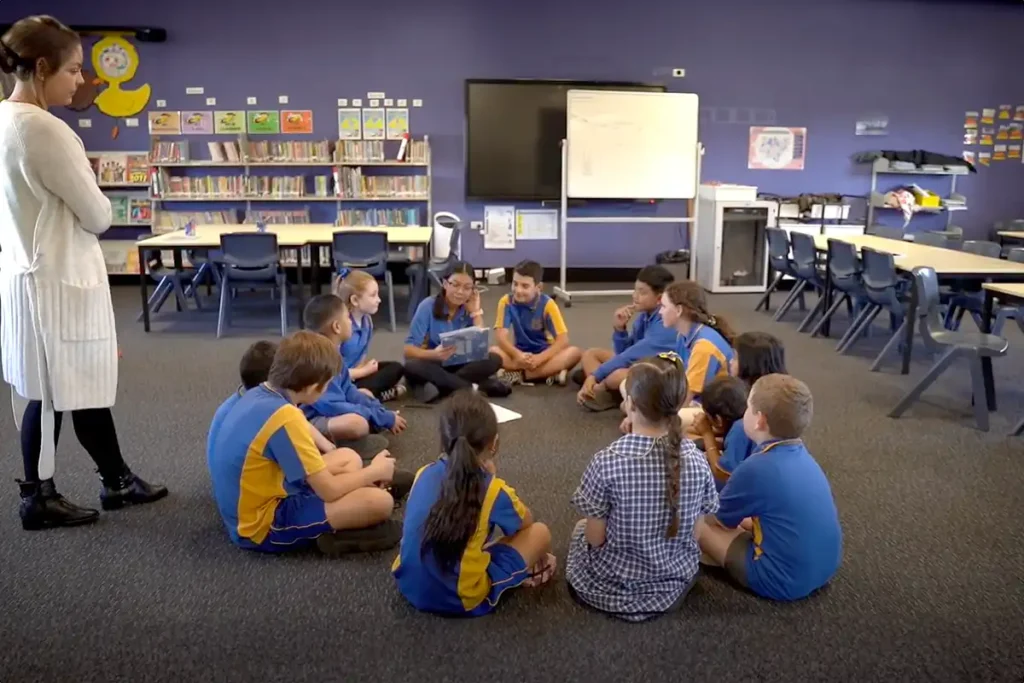
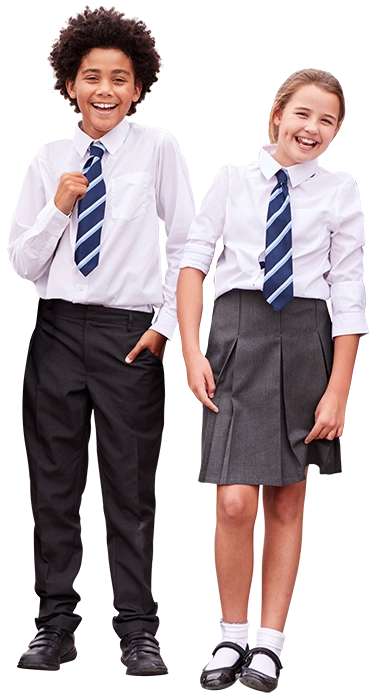
Find out more about Peer Support
Our digital info pack covers everything you need to know about the Peer Support Program and our additional services.
Our Vision
Our Mission
Building on 50 years of experience we work with school communities, placing students at the centre of their learning, empowering them with wellbeing skills and strategies to navigate life.
